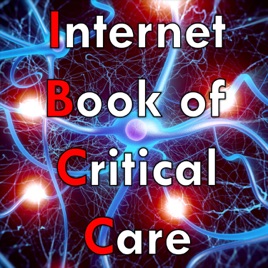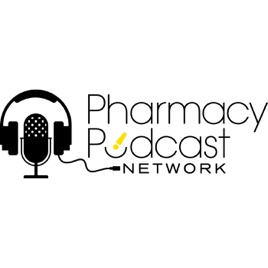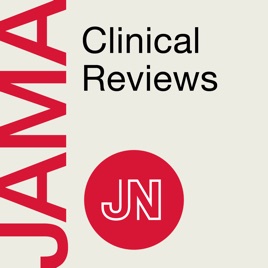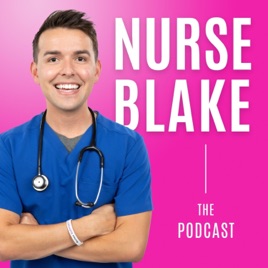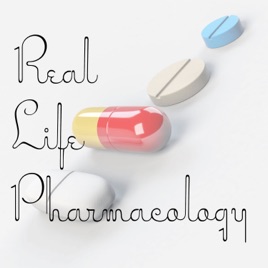
Advertise on podcast: Real Life Pharmacology - Pharmacology Education for Health Care Professionals
Description
Pharmacology is one of the most challenge topics you will encounter as a healthcare professional, but it can be the most rewarding with a good understanding. Whether you are preparing to be a nurse, physician, physician assistant, pharmacist, dentist, nurse practitioner, pharmacy technician, pharmacologist, or other healthcare professional, this podcast will help you better understand pharmacology. In addition to giving you the basics like mechanism of action, side effects, drug interactions, etc., you will also be exposed to how medications actually impact patients in real life. In the Real Life Pharmacology podcast, Eric Christianson, PharmD shares his real world experiences about how a medication's mechanism of action, pharmacokinetics, adverse effects, and drug interactions can actually impact patients in both a positive and a potentially negative way. Eric Christianson PharmD is the author of the popular clinical pharmacy blog Meded101.com. People who are passionate about nursing, medicine, or pharmacy will find this podcast beneficial in helping them prepare for passing exams. This podcast is for educational purposes only and is not medical advice or intended to be a substitute for medical advice. Please seek advice from your pharmacist or primary care provider if you have questions about medications that you are taking.
Podcast episodes
Check latest episodes from Real Life Pharmacology - Pharmacology Education for Health Care Professionals podcast
Podcast reviews
Read Real Life Pharmacology - Pharmacology Education for Health Care Professionals podcast reviews
Podcast sponsorship advertising
Start advertising on Real Life Pharmacology - Pharmacology Education for Health Care Professionals & sponsor relevant audience podcasts
You may also like these medicine Podcasts


